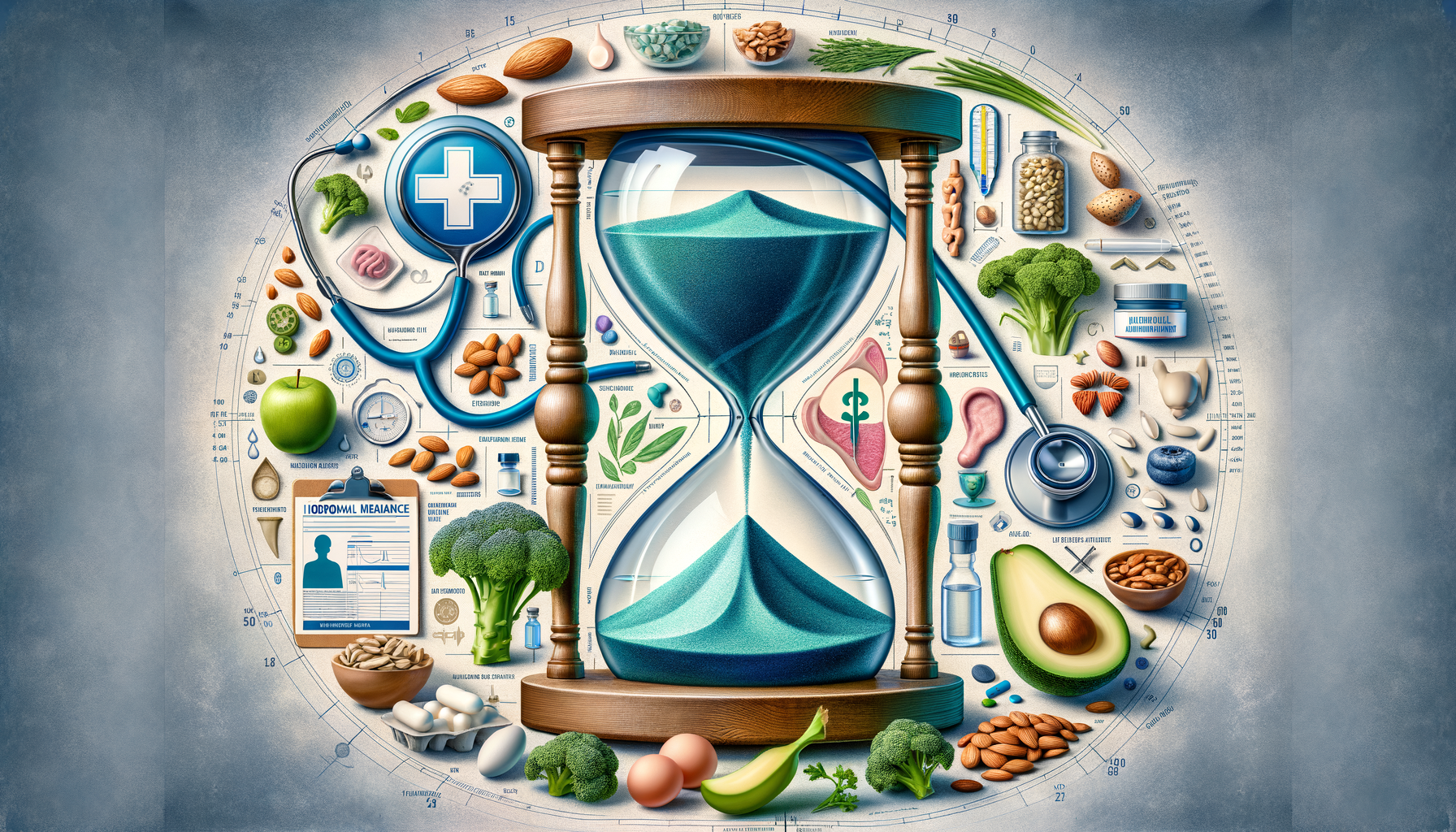Understanding Hormonal Imbalance
Hormones are chemical messengers that play a crucial role in regulating various processes in the body, including metabolism, growth, and mood. A hormonal imbalance occurs when there is too much or too little of a hormone in the bloodstream. This can lead to a variety of symptoms and health issues, which we will explore in this article. Understanding the importance of hormonal balance is essential as it affects overall well-being and quality of life.
Several factors can contribute to hormonal imbalances, such as stress, poor diet, lack of exercise, and underlying health conditions. It’s important to note that both men and women can experience hormonal imbalances, and the symptoms may vary between individuals. Identifying these symptoms early on can help in managing and treating the imbalance effectively.
Recognizing Symptoms of Hormonal Imbalance
Identifying the symptoms of hormonal imbalance is the first step towards addressing the issue. Common symptoms vary depending on which hormones are out of balance. For women, symptoms may include irregular menstrual cycles, weight gain, mood swings, and fatigue. Men may experience a decrease in muscle mass, low libido, and mood changes.
Other symptoms that can affect both genders include:
- Insomnia or poor sleep quality
- Persistent fatigue
- Changes in appetite
- Hair loss or thinning
- Acne or skin changes
It’s important to consult a healthcare professional if you suspect a hormonal imbalance, as they can perform tests to determine hormone levels and recommend appropriate treatments.
Treatment Options for Hormonal Imbalance
Treating hormonal imbalances often involves a combination of lifestyle changes, medical treatments, and natural remedies. The goal is to restore balance and alleviate symptoms. Depending on the underlying cause, a healthcare provider may recommend hormone replacement therapy, medications, or supplements.
Lifestyle changes can also play a significant role in treatment. Regular exercise, stress management techniques, and a balanced diet can help regulate hormones. Additionally, some individuals find relief through natural remedies such as herbal supplements and acupuncture. It’s essential to discuss any treatment plan with a healthcare professional to ensure it’s safe and effective for your specific needs.
Foods for Hormonal Balance
Diet plays a crucial role in maintaining hormonal balance. Certain foods can support hormone production and help alleviate symptoms of imbalance. Incorporating these foods into your diet can be a natural way to promote hormonal health.
Some foods that are beneficial for hormonal balance include:
- Fatty fish like salmon and mackerel, which are rich in omega-3 fatty acids
- Leafy greens such as spinach and kale, which provide essential vitamins and minerals
- Nuts and seeds, such as flaxseeds and walnuts, that offer healthy fats and fiber
- Whole grains like quinoa and oats, which help regulate blood sugar levels
- Fruits and vegetables that are high in antioxidants, such as berries and broccoli
A balanced diet that includes these foods can support overall health and help maintain hormonal equilibrium.
Conclusion: Taking Charge of Your Hormonal Health
Understanding and managing hormonal imbalance is crucial for maintaining overall health and well-being. By recognizing symptoms early and seeking appropriate treatment, individuals can effectively address hormonal issues. Incorporating lifestyle changes, such as a balanced diet and regular exercise, can further support hormonal health.
It’s important to consult with healthcare professionals to develop a personalized plan that addresses your specific needs. By taking proactive steps, you can restore balance and improve your quality of life.








